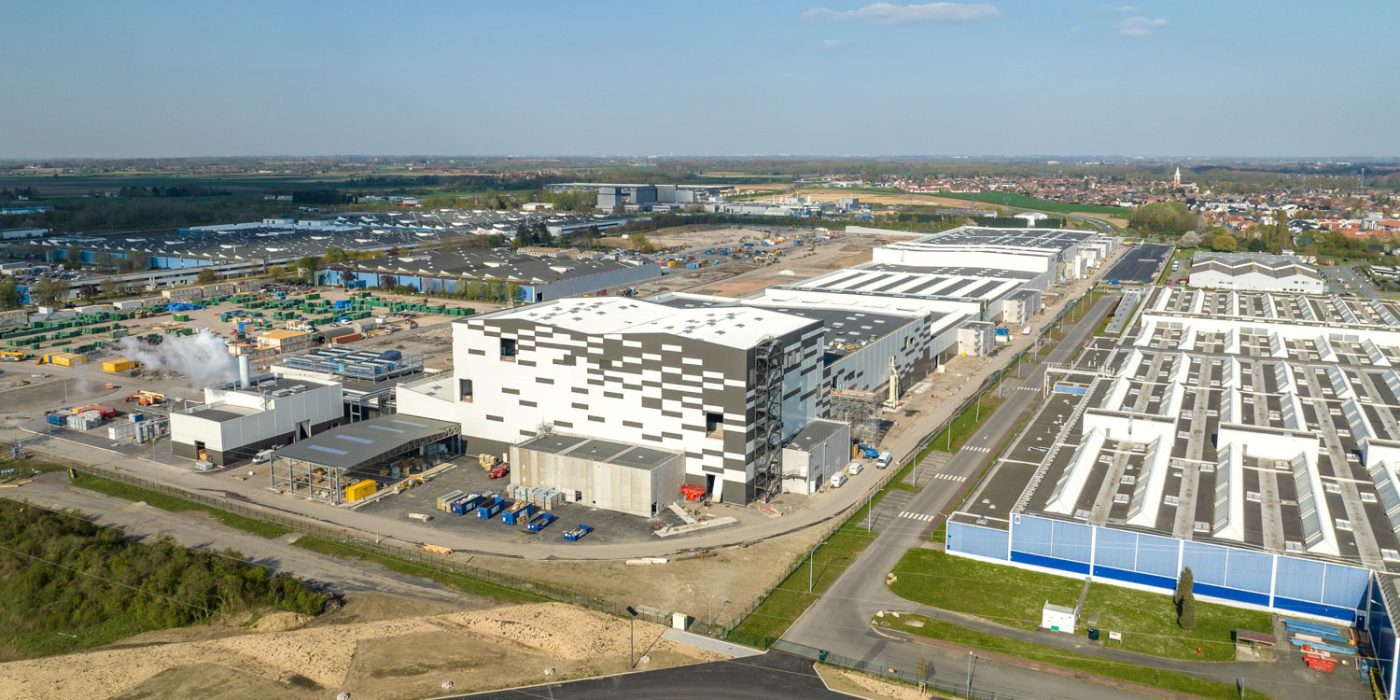Italy attempts to push Stellantis to commit to ACC cell factory
The battery cell joint venture between Stellantis, Mercedes-Benz and TotalEnergies – the full name is Automotive Cells Company (ACC) – is currently pausing construction work on two of its three planned battery cell plants. The sites in Kaiserslautern and Termoli in Italy have been affected. Work is officially on hold there in order to switch from nickel-based cell chemistry to more cost-effective battery technologies in the early construction phase.
Car manufacturer Stellantis is the largest shareholder in ACC and is now coming under pressure from the Italian government. According to a report by the news agency Reuters, Industry Minister Adolfo Urso is threatening that the government will divert public funds for the project if Stellantis does not make a commitment to the site “within hours.” He is quoted as saying: “Stellantis must give us a reply, and it must do so shortly. If Stellantis does not give us a positive feedback within hours, we’ll move … funds elsewhere. We can’t afford to lose these funds because Stellantis is not sticking to its commitments.”
According to Reuters, Stellantis issued a statement late on Thursday evening. It states that ACC is currently improving the plan for the factories in Italy and Germany “to introduce a new technology for the production of cells and modules, to be in line with the evolution of the market.”
Stellantis is thus sticking to its line of argument. When the cutback was announced in June, the reason given was the declining demand for electric vehicles – and that the company therefore wanted to research and develop more cost-effective batteries in order to supply cheaper electric vehicles. How exactly things will continue in Kaiserslautern and Termoli is to be specified at the end of 2024 or the beginning of 2025. It is not yet known to what extent the reorientation phase at ACC will also affect the third factory in France. The first production block with 13.4 GWh is currently being ramped up there. A further two blocks were previously planned in order to reach 40 GWh.
The joint venture is currently focussing solely on NMC battery cells (nickel-manganese-cobalt). Competitor Renault has also pursued an NMC-only strategy to date, but is now also opening up to the more favourable LFP technology. But only in passing. In this phase of reorientation, Stellantis is currently endeavouring to avoid giving the impression of inaction: At the beginning of July, the Group announced that it had agreed on a five-year collaboration with the French state research organisation CEA to develop next-generation battery cells. However, it is not known which cell chemistry is the focus of the Stellantis-CEA collaboration. There is only talk of ‘disruptive cell chemistries’, which does not necessarily speak in favour of the already quite common LFP technology.
ACC’s original plan was to convert a Stellantis engine plant in Termoli for the Italian plant. An investment volume of around 2 billion euros was stated for this – including 370 million euros in public EU funds from the Corona Recovery and Resilience Facility, although the funds are limited until the end of 2026. This deadline is making the Italian government nervous, as it fears that the money will run out. Originally, the ACC Gigafactory in Termoli was to be commissioned in 2026 and supply up to 40 GWh of cells per year in a later final expansion stage. The new schedule is open.





0 Comments